Berry Farming Built on Tradition & Commitment
With extensive experience in growing the freshest strawberries, raspberries and blackberries, Stronga’s berry growing customers have been recognised for their industry-leading practices and positive contributions to the environment.
One such berry grower in the UK has embraced pioneering technological advances to keep nature at the forefront of their work. Learn how their collaboration with Stronga has enabled them to recycle and reuse the coco coir media used to grow their produce.
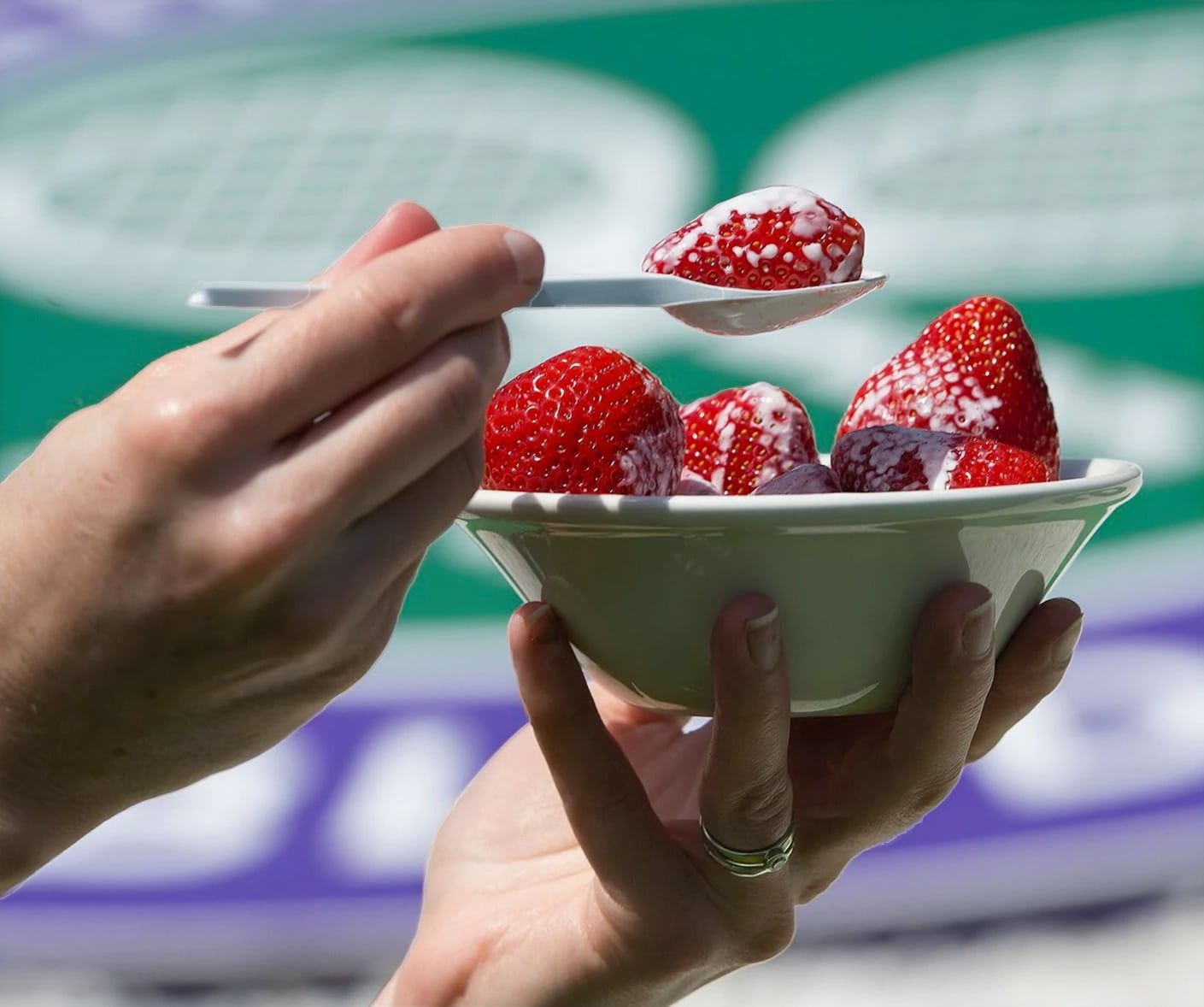
‘Net Zero Pledge’ in Berry Growing
Stronga were recently approached by a leading British berry grower with over 700 hectares of land and an annual production of over 6,000 tonnes of berries. Aware of their significant responsibility to the local environment, the customer aims to contribute positively to net zero through actively reducing their greenhouse gas (GHG) emissions. A key element of this commitment to the environment was a project they have undertaken, focussing on recycling and reusing their coco coir growing media.
The graphic below indicates their new, circular recycling process. Read on to learn more about Stronga’s involvement on this pioneering endeavour.
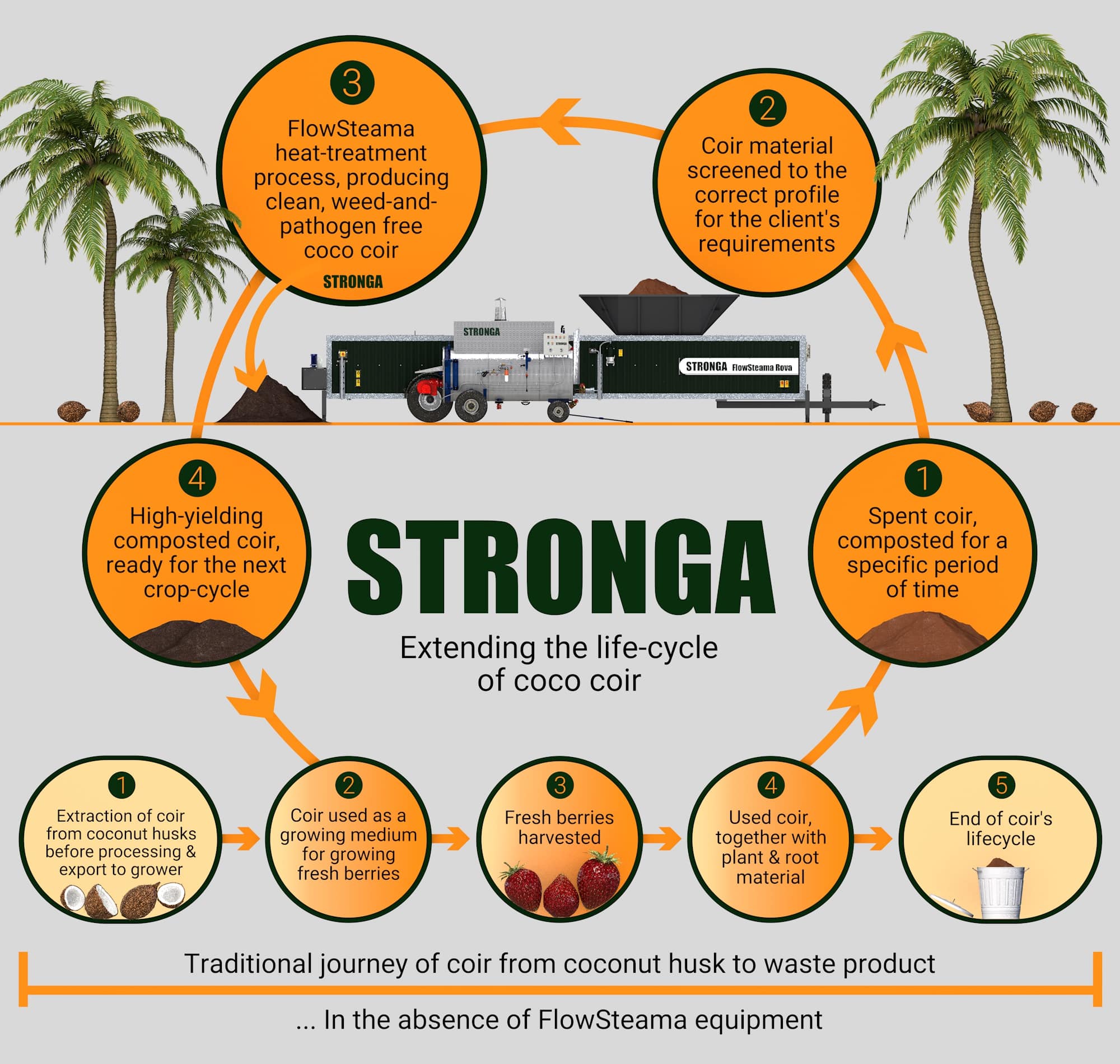
Coco Coir Recycling – The Future of Sustainable Growing
Peatland perseveration has become a critical topic in discussions around carbon, climate change and biodiversity. Fast-approaching regulations regarding peat usage have increased pressures on growers who have been forced to source suitable alternative growing materials. Ahead of the game, this berry grower stopped using peat in their business around 15 years ago. Their chosen alternative, coco coir, has proven an excellent peat-free growing medium with its excellent versatility and sustainable origin.
Fast forward to the modern day; the farm has continued their dedication to sustainable growing, recognising the financial and carbon costs associated with importing single/dual-use coir from the other side of the world. FlowSteama equipment has enabled the farm to recycle coir for use multiple times over, aligning with their principles of environmental stewardship with preservation of natural, organic resources.
Steaming Ahead – The Coco Coir Sterilisation Process
FlowSteama offers a continuous loop cycle where coco coir can be steamed, recycled and reused multiple times over. Discover the waste-reducing steam heat-treatment process:
1. ‘Spent’ coir material is removed from polytunnels at the end of each growing cycle and then stockpiled and composted over a period of time.
2. Mobile FlowSteama equipment is moved to each stockpile so the spent material can be steam heat-treated.
3. After a cooling period, the rejuvenated material is available for the propagation of strawberry plants or the next crop and will also be recycled for use as potting compost or to improve soil structure and fertility of land.
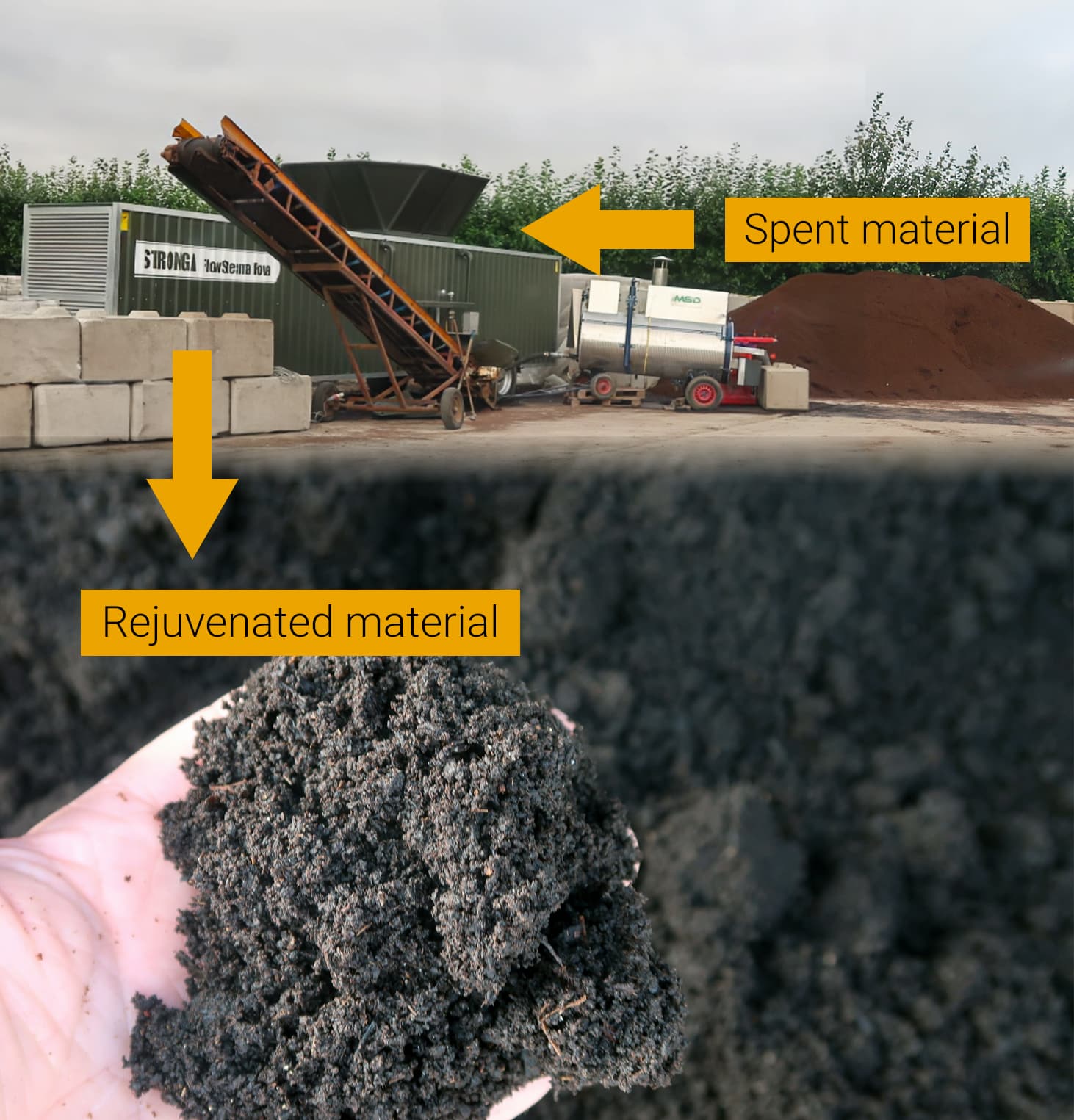
The Benefits of Steam-Treating Coco Coir
- FlowSteama reduces the need to purchase virgin coir for each cycle, allowing farmers to respect precious resources.
- FlowSteama increases the grower’s control of material, reducing the risk of shipping delays and uncertainty around shipping fees and coir costs, while also removing any ambiguity surrounding the coir’s provenance.
- FlowSteama allows for cleaner growing substrate in comparison to non-steam treated coir, reducing the risks of specific strawberry pests, such as spotted wing dysphoria, Verticillium and plant parasitic nematodes.
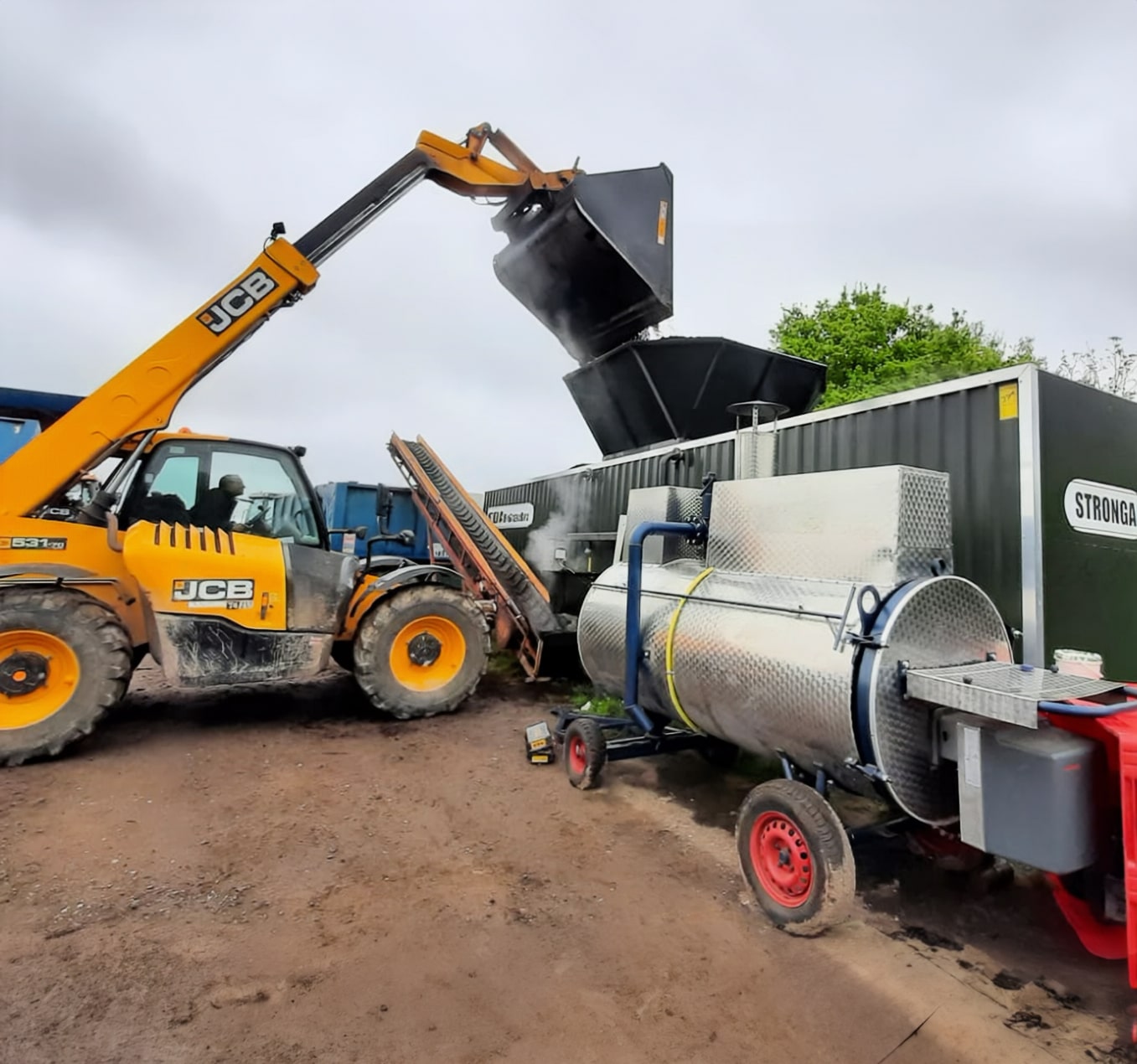
- Steam sterilising coco coir substrate allows for stronger and healthier plants. Research suggests crops grown in steamed, composted coir have shorter inner nodes between flower sets, allowing for increased flower growth opportunities and higher berry yields.
- One batch of steamed coir delivers more fruit cycles and longer picking seasons. There is evidence that a suitable composting period followed by steam heat treatment can double the output of crop per litre of coir.
- The super-heated steam process unlocks nutrient availability which encourages healthy berry roots of crops grown in the steamed material. Strawberries grown in steam treated, composted coir have excellent qualities in terms of appearance, juiciness and taste, even better than those grown in single/dual-use coir.
- Steam treated, recycled coir can retain up to 11X its weight in moisture, delivering healthier, more robust crops.

Revolutionised Growing Process
Adopting regenerative techniques has enabled berry growers to reduce their GHG emissions and make significant progress towards net zero goals. Steam sterilisation is a highly efficient and effective, chemical-free method of recycling spent coir, ensuring crops grown from sterilised coir are free from organisms pathogenic to strawberry plants, which can lead to disease.
Revitalised coir fibres, rich in carbon, can also be used to enhance soil. This particular customer has used their recycled coir on their arable land and as potting compost for establishing further crop cycles. Their mindful approach to recycling, using organic steam, extends the life of coco coir and extracts all potential value from the material. Investing in FlowSteama equipment has enabled them to become a resilient and reputable leader in resource recovery.

Grants Available for GHG-Reducing Farms
As an added incentive for growers to make the smart investment in Stronga’s steam heat treatment solutions, there are beneficial grants available to help farms reduce GHG emissions. Providing you can demonstrate how FlowSteama equipment improves your onsite productivity and delivers environmental benefits associated with its use – you could be eligible.
The UK’s ‘Improving Farm Productivity Grant’ is one example, available for those who are using advanced technology to improve efficiency, resilience and sustainability in farming operations. In the majority of cases recycling coir via FlowSteama allows for a 100% increase in crop output per litre of coir, whilst contributing positively to GHG reductions and allows for enhanced management of land, soil health and coir resource. Coco coir is reused, which reduces the emissions associated with continuously purchasing single/dual-use substrate, and carbon present in coir fibres remain in the soil and enhance the land – a win-win situation.
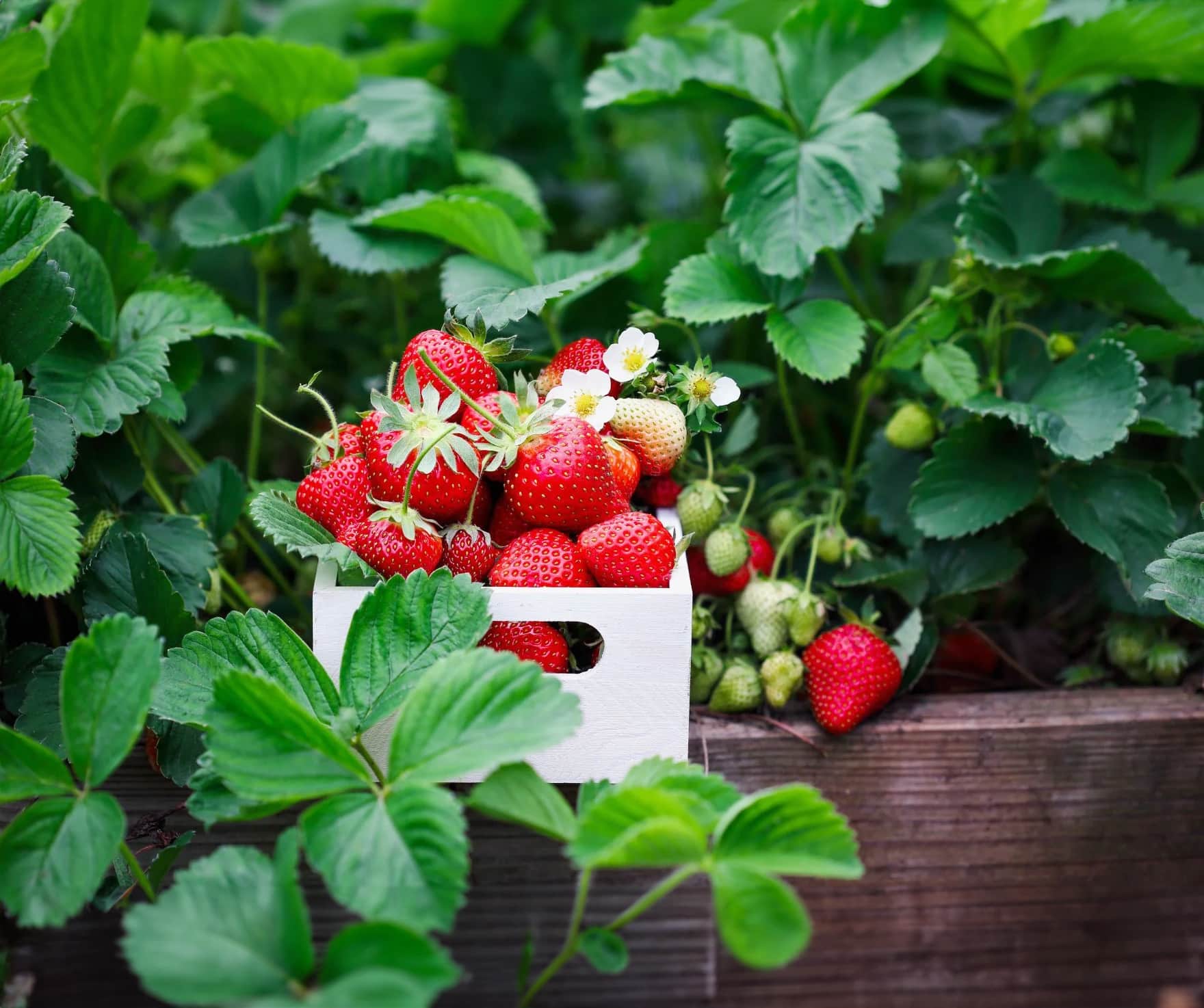
Stronga ‘YieldBoosta™’ is Transforming the Growing Industry
Food growers are under immense pressure to ensure their grown produce aligns with stringent food security and consumer demand regulations. What’s more, there are also increased pressures to evidence CO₂ emission reductions, including the often-hidden shipping emissions which are all-but eliminated through investing in FlowSteama equipment.
FlowSteama’s yield-boosting technology is suitably scaled to the customer’s individual requirements and variables (material type and more). Guaranteeing material output temperatures over 85’C, FlowSteama’s super-heated steam system certifies that harmful pests, pathogens and diseases are removed from coir, alleviating some of the pressures on growers.
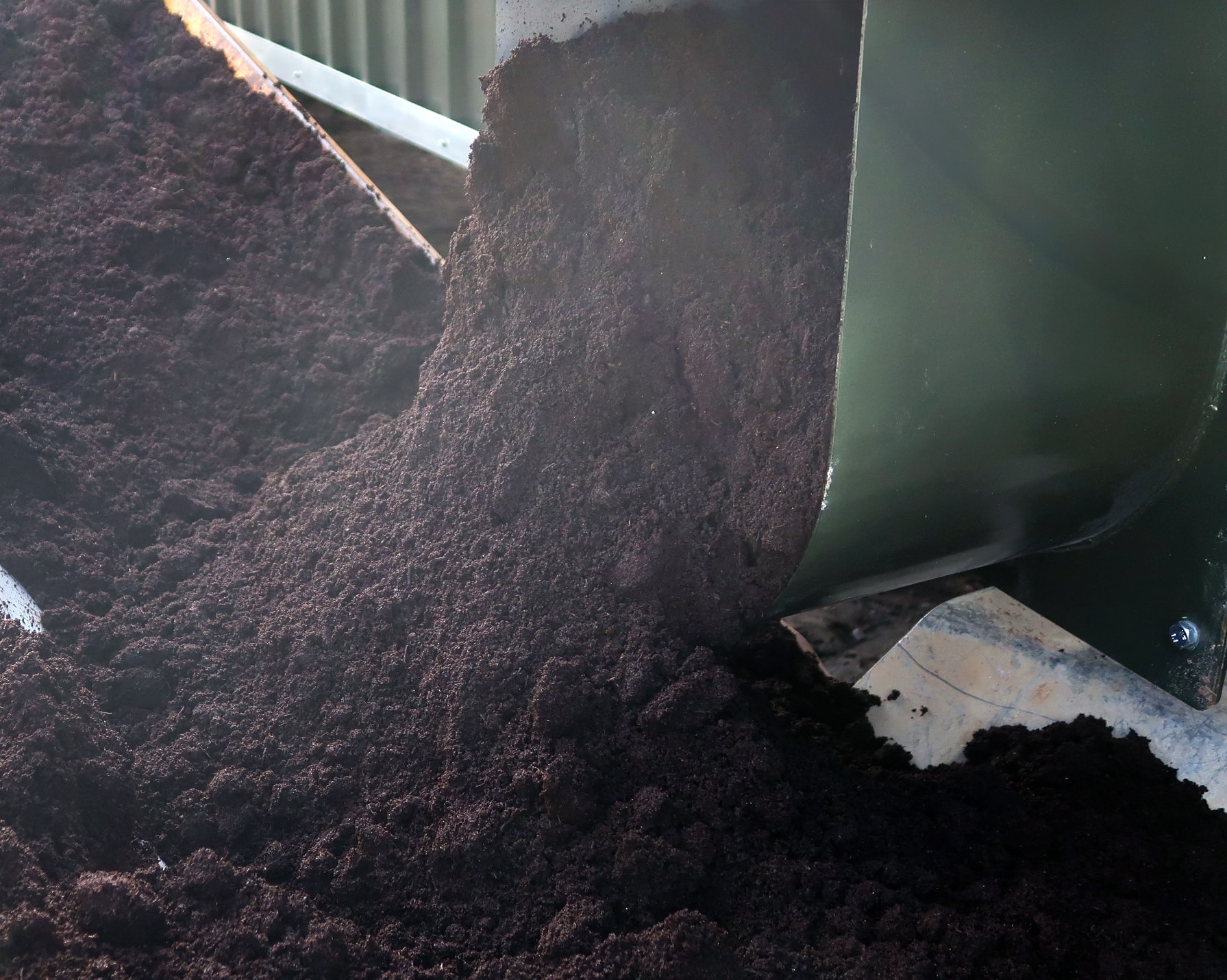
FlowSteama: A Vital Cog in Carbon-Reduction
- FlowSteama slashes operating costs, lowers carbon use and reduces CO₂ emissions.
- FlowSteama enables a more transparent method of calculating carbon savings and fuel consumption.
- FlowSteama is fully insulated and energy efficient. As coir is such a low-density material, it requires even less energy to steam sterilise, up to 6X less than soil.
- The PulseWave™ motion, FlowSteama’s highly effective material agitation system, removes any lumps in the load, allowing super-heated steam to penetrate the coir more effectively.
- SteamStation™ HMI controls provide evidence and assurance that core time-at-temperature has been achieved and that all pests, fungus, diseases and pathogens have been eradicated from the coco coir. All records are kept for up to a year to prove required parameters have been met.
- Compact, modular and mobile, FlowSteama can be seamlessly integrated into workflows, boosting coir productivity.
FlowSteama adds value. With over 25 years of experience in the industry – we provide clarity, speak to our friendly team today: info@stronga.co.uk
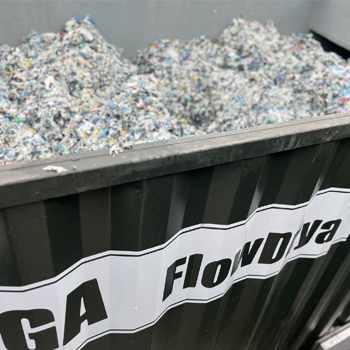
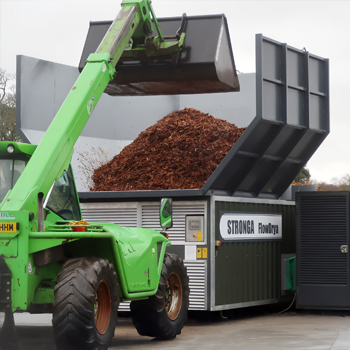
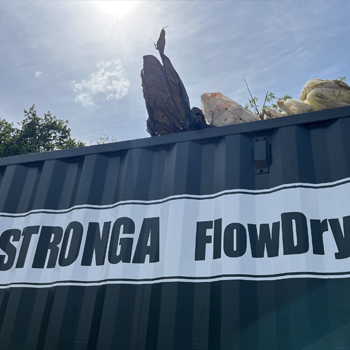
Share this post